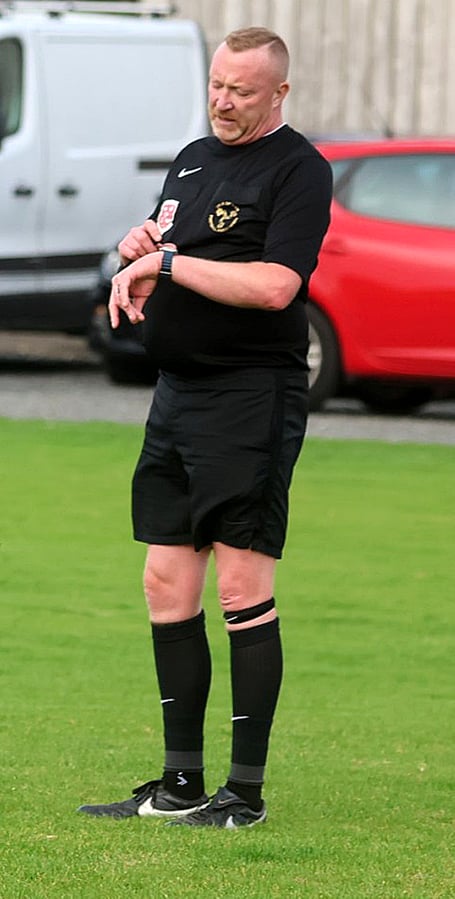Police chiefs say any recommendations by the Coroner over welfare arrangements for suspended officers will be carefully considered by the Constabulary.
The force issued a response following the conclusion of the inquest into the death of respected traffic sergeant Stephen Hall.
A finding of suicide was recorded by Coroner James Brooks who said he would be writing to the Chief Constable calling for a review of aspects of the Constabulary’s welfare officer system, and whether contact had ‘struck the right balance’.
Sergeant Hall took his own life months after being charged with a driving offence.
The inquest heard he had felt ‘disheartened’ that the Isle of Man Constabulary had ‘forgotten’ about him following his arrest.
In a statement, Constabulary reaffirmed its ‘sincere condolences and heartfelt sympathy’ to Sergeant Hall’s widow, children and wider family.
‘It is also appropriate to pay tribute to the valiant efforts of several officers who attended the scene and attempted to save life in the most difficult of circumstances and the impact upon them cannot be under-estimated,’ it said.
The statement continued: ‘The Constabulary notes the intention of the Coroner to write to the Chief Constable in relation to welfare arrangements for suspended officers and any recommendations he may make will be carefully considered by the Constabulary in due course.
‘It is important to be clear, however, that the Constabulary offers a wide range of welfare provision, which reflects best practice akin to other forces across the UK.
‘These provisions include post-incident debrief procedures aimed at the management of trauma, access to specialist external counselling services, and direct engagement with specialist mental health services whose role is to manage acute cases.
‘The Constabulary also provides signposting to support services for those struggling with addiction. These comprehensive arrangements reflect the unusual demands of a role in the emergency services, and it must be emphasised that these provisions go far beyond the conventional welfare procedures of most employers.’
The body of Sergeant Hall, 48, was found on the old railway bridge over a stream near his home in Ballaugh just before 6pm on November 13 last year.
A much-respected officer in the roads policing unit, he had been suspended from duty in early July that year after being accused of failing to provide a breath sample.
He had been determined to plead not guilty.
The inquest heard that Sergeant Hall had had an ongoing troubled relationship with alcohol addiction, characterised by periods of abstinence punctuated with bouts of binge drinking - and had relapsed when he felt overwhelmed by his pending court case.
There was no suggestion that he had ever worked under the influence of alcohol, however.
The inquest heard that Sergeant Hall had been appointed a welfare officer as a ‘critical friend’ to help him deal with his alcohol and mental health issues and signpost him to services. He’d also had informal contact from one of his superior officers.
A different welfare officer was appointed after his arrest and suspension and the informal contact from the superior officer ceased, amid concerns that criminal proceedings could be prejudiced.
If you’ve been affected by any of the issues in this news story, there are a number of local organisations that can provide advice and support. For more information, visit www.gov.im/wellbeingsupport.

.jpeg?width=209&height=140&crop=209:145,smart&quality=75)

